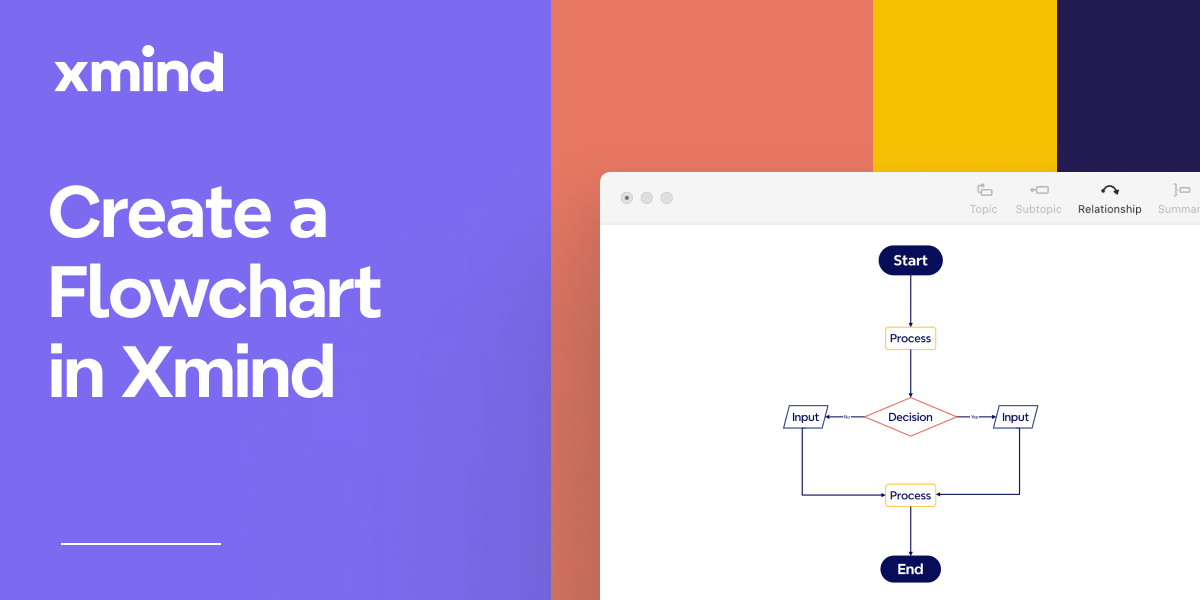Apr 7, 2020
The Guide to Personal Growth
Apr 7, 2020
The Guide to Personal Growth
Anxiety becomes trendy, especially among today’s young adults. We are used to feeling anxious about everything due to pressures to get as at school, to perform perfectly at work, and to achieve something in this demanding society.

Anxiety stays, and it beats you down or beneficially motivates you to grow. For many of us, however, motivation for personal growth happens in a flash and is quickly overridden by cumulative stress, self-doubt, and laziness, and we end up having nothing done. To conquer this, keep in mind that personal growth is a dedicated, long-term project rather than a simple whim. So today, we are going to share with you how to stop stressing, stay motivated, and use limited free time to achieve sustainable personal growth.
Focus on What’s Meaningful to You
A standard salaryman has very limited time to him or herself. Working at least eight hours a day normally results in less than four hours of free time. Therefore, my #1 advice would be to strategically spend time on what’s truly meaningful to you.
With a set of goals and expectations in mind, it’s helpful to first conduct a situation analysis on yourself. This self-assessment helps you to better understand and decides on the weaknesses which you want to improve upon. For example, if as a marketer, you predict that the future of marketing is data-driven, then focusing limited time on data-related courses is meaningful to you throughout the long-term career development.
Figure out what’s meaningful to you and keep focused on the type of skills you wish to improve on or the area of knowledge you expect to learn more about.
- Professional skills: industry-related knowledge (product, operation, marketing, etc.);
- Technical skills: MS Office Suite (Word, PPT, Excel), data analytics, mind mapping tools (XMind), photo and video editing tools (Photoshop, Final Cut Pro), etc.;
- Soft skills: communication, public speech, leadership, time management, negotiation, etc.;
- Fitness habits: yoga, running, healthy diets, etc.;
- Personal interests: watching movies, playing instruments, dancing, cooking, etc.;
For situation analysis, we recommend mapping with the fishbone chart with XMind. This cause-and-effect diagram is commonly used for an event or problem analysis, and it helps you to track down your imperfections and weaknesses.

Not Get Distracted & One Thing at a Time
It’s hard, we know.
Put phone aside, sit at the desk, and ready to produce some output. 5 minutes later, the ring goes on and it’s your friend’s message over Facebook. After replying, naturally open Instagram, 20 minutes gone. Then comes YouTube, another 40 minutes slipped away before even noticing. The daily routine of modern people.
Hard to not get distracted? It’s possible if you try the following. The traditional and effective method is to electronically and physically cut off every source of distractions, including app notifications, unused devices, etc.. Meanwhile, we don’t recommend multi-tasking during study or at work because of your limited attention and energy. Output efficiency may go down once your attention is not sufficient for everything at the same time. The secret of great efficiency is to focus one thing at a time.
If you have ideas flow in mind and don’t know how to start, try to work with XMind 2020 under its ZEN mode. It automatically shuts off external distractions and helps you concentrate on the mind map only.

Deliberate Practice
As mentioned at the start, personal growth takes patience and requires long-term commitment. For one to fully master a skill, it is crucial to not only learn the basics but also practice a hundred times more. Read many books about creativity or study related business cases are far from enough for you to become a creativity master. Deliberately practice, experiment with your creative ideas, overcome potential failures, and repeat again. So that you’re on the way to mastering this skill.
For example, many users have asked us how to learn and master XMind. Don’t be intimidated! As soon as starting a mind map, you will begin a fun learning journey with us. The more you practice, the more comfortable you are at mapping out your ideas with XMind.

Develop Your Knowledge System
A person needs to build his or her knowledge system to facilitate any learning process. Personal growth doesn’t happen by just gathering information, especially if the intake of info is fragmented due to limited time schedules. The development of a knowledge system is essential to quickly process and organize any fragmented information, which then transforms into your own knowledge.
This process is very much like using XMind to organize your thoughts after reading a book or an article, which deepens understandings and translates information into your embedded knowledge.

More Posts
What Is a Venn Diagram: Definition, Applications, and Examples
A Venn diagram is a visual tool to show the logical relationships between different sets. It is commonly used in mathematics, statistics, logic, education, and business to illustrate how sets intersect, overlap, and differ. By understanding Venn diagrams, you can simplify complex data and enhance your analytical skills. This article will explore what a Venn diagram is, its benefits, how to create one using different tools and provide examples and templates to get you started. For a seamless experience in creating Venn diagrams, we recommend using Xmind or Xmind AI for their powerful features and user-friendly interface.

How Mind Mapping Tools Elevate Project Management
Explore how mind mapping tools can elevate your project management process. Learn how these tools enhance workflow efficiency, improve team collaboration, and simplify complex project tasks. Whether you're planning, organizing, or tracking projects, discover the benefits of integrating mind mapping into your project management strategy.

Flowchart Essentials: Definition, Templates, and Free Softwares
Discover the power of flowcharts with our detailed guide. Learn what a flowchart is, explore practical use cases, and discover how to create and optimize them using softwares like Xmind and Xmind AI for enhanced workflow efficiency.


One space for all your ideas
Organize thoughts, visualize structures, connect ideas, and unlock insights.
Get Started for Free


